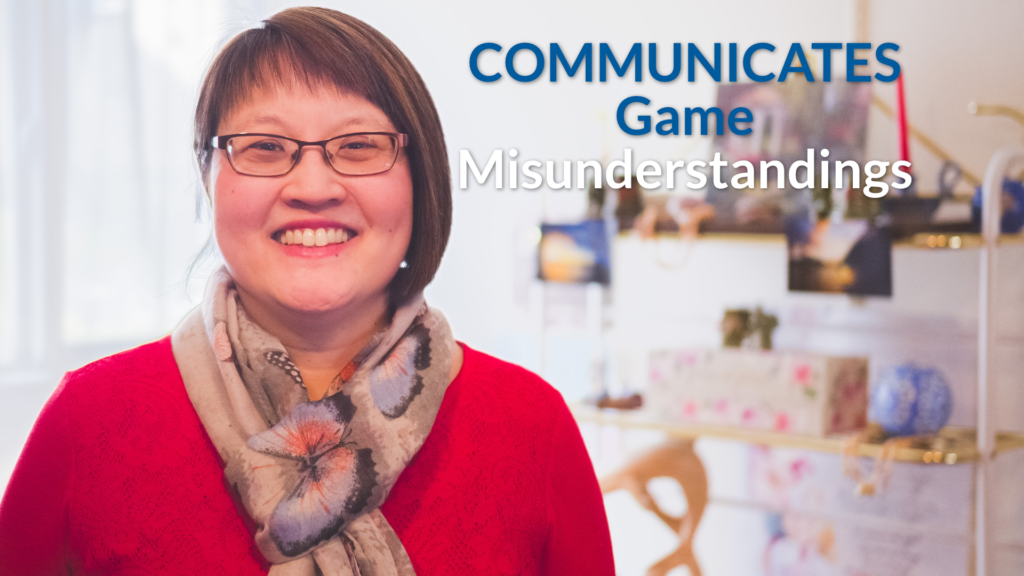A Magic Phrase For Mistakes | GraceSOULutions COMMUNICATES Happily Ever After

Misunderstandings | The COMMUNICATES Game

If you’re a sensitive, introverted, conflict phobic person, who would love to be able to communicate your thoughts, feelings and desires, without the feeling of being overlooked, overshadowed and overwhelmed in your communication, so that you can have that happy and harmonious relationship. Stay tuned for fun and valuable information. Hi, I’m Grace, and welcome […]
Let’s Play COMMUNICATES (Understanding is Broken)

When playing a game or sport, misunderstandings can happen at any time. Any player can misunderstand the given instructions for playing the game or misunderstand an action to take during game play. If misunderstandings can occur while playing a game or sport, then they certainly can also occur during a conversation or in communication! Afterall, […]
